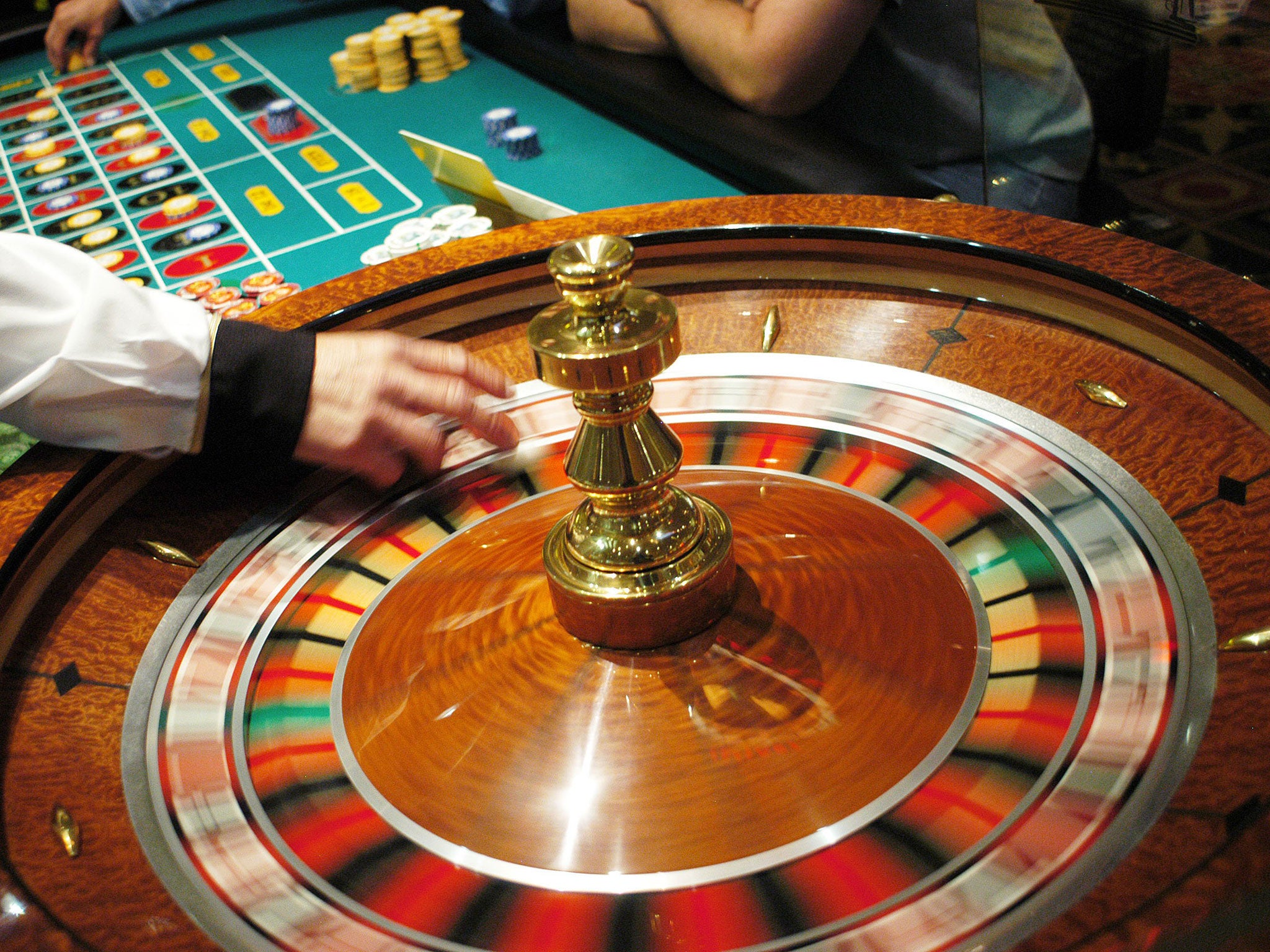Four cognitive biases which mean you can't trust your instincts
Two researchers at Credit Suisse have come up with four reasons your gut instinct might be wrong

How many times have you made a decision based on a hunch?
People often say they have “a feeling” about something before making a decision, or that they feel “in their gut” that a certain outcome is likely.
But economists and psychologists have long sought to disprove this theory with experiments. They have shown that people tend to use something called heuristics – or rule of thumb – to make their decisions.
Two psychologists, Daniel Kahneman and Amos Tversky, have shown through their research that using rule of thumb leads to biases when compared to “normal economic behaviour”. People tend to place too much weight on information that is immediately available to them because it is associated with an event that is recent. We tend to overestimate the probability of an event happening again.
Michael J. Mauboussin and Dan Callahan, two researchers at the Swiss Bank Credit Suisse have gone one step further and come up with four reasons your gut instinct might be wrong.
1. You are too influenced by other people
Human beings are social, which means we like to fit in with the crowd. We conform when we know less than other people and so follow their expertise. Or when we want others to like us, to show our respect. But sometimes, the group is wrong.
Mauboussin and Callahan cite an experiment by Solomon Asch in 1955, in which a group of people were asked to compare the size of two lines. Everyone got it right when they answered privately, but when the answers were public, 36.8 per cent of people gave the wrong answer if someone gave the wrong answer before them.
People gave the wrong answer because they assumed the person before them knew more than they did, or when they knew the right answer but would rather be wrong and part of the crowd.
Mauboussin and Callahan quote the father of security analysis, Benjamin Graham: “Have the courage of your knowledge and experience. If you have formed a conclusion from the facts and if you know your judgment is sound, act on it—even though others may hesitate or differ.”
2. Your brain looks for patterns where there are none
Humans are creatures of habit – we seek patterns even in random events. Scientists have shown that this has contributed positively to our evolution as a species. But it can also work against us, when we perceive patterns where none exist.
They cite an experiment in which pigeons pecked at a red and white key for food. The red key provided an 80 per cent success rate. So the pigeon pecked the red key almost every time. Researchers saw the same behaviour in rats and children up to the age of four.
But after that age, humans tried to anticipate what would happen next, and mixed the red key with the white key. In the end, this resulted in less food.
Mauboussin and Callahan said that to overcome this, humans have to learn when patterns are useful, and when they trick us.
3. You are hardwired to choose a small gain today over a larger gain tomorrow
Would you prefer £10 today, or £11 tomorrow? Most people say they want £10 today. But what if you were asked whether you wanted £10 in a year, or £11 in a year and a day? Economists have devised an equation called hyperbolic discounting that shows we are more likely to wait that extra day in the future than are right now, given the choice.
The same works with a diet. Asked if they wanted fruit or a healthy snack, subjects in a test picked an unhealthy snack 70 per cent of the time. But asked about a snack for the next week, they picked a healthy snack 74 per cent of the time. “We insist that our future selves will be good even as our present selves enjoy some candy,” Mauboussin and Callahan said.
This approach can have serious implications for things like pensions. Research shows we shouldn’t claim our pensions until the last possible moment, when it has accrued the most money. But people are hardwired to take money out earlier if they have the chance – which is why changes to pension rules could be dangerous.
4. You mourn losses twice as hard as you celebrate gains
If you have been stung with losses recently, you are less likely to take risks. This is because we take losses twice as hard as we celebrate gains, according to research by Kahneman and Tversky.
One way to get around this is to try and focus on times when you have won over times you have lost, and to delay evaluating your investments, so that you don’t feel the losses so badly.
Subscribe to Independent Premium to bookmark this article
Want to bookmark your favourite articles and stories to read or reference later? Start your Independent Premium subscription today.

Join our commenting forum
Join thought-provoking conversations, follow other Independent readers and see their replies